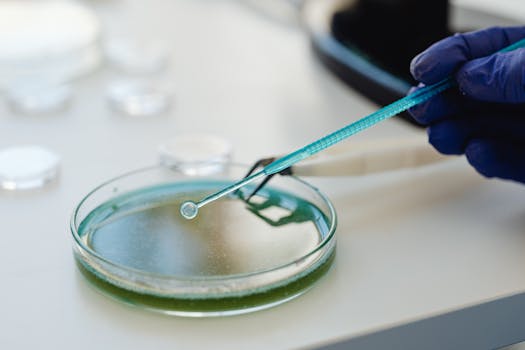You can study for a degree to become a chemist.
Degree subjects include:
- chemistry
- applied or analytical chemistry
- medicinal chemistry
- biochemistry
As well as a degree, many employers will also want you to have a relevant postgraduate qualification.
Some universities offer an extended degree which leads directly to a postgraduate qualification like an MChem or MSci. These courses have more independent research and can lead into a job or further postgraduate study.
Entry requirements
You'll usually need:
- 4 or 5 GCSEs at grades 9 to 4 (A* to C), or equivalent, including English, maths and science
- 2 or 3 A levels, or equivalent, including chemistry
- a degree in a relevant subject for postgraduate study




